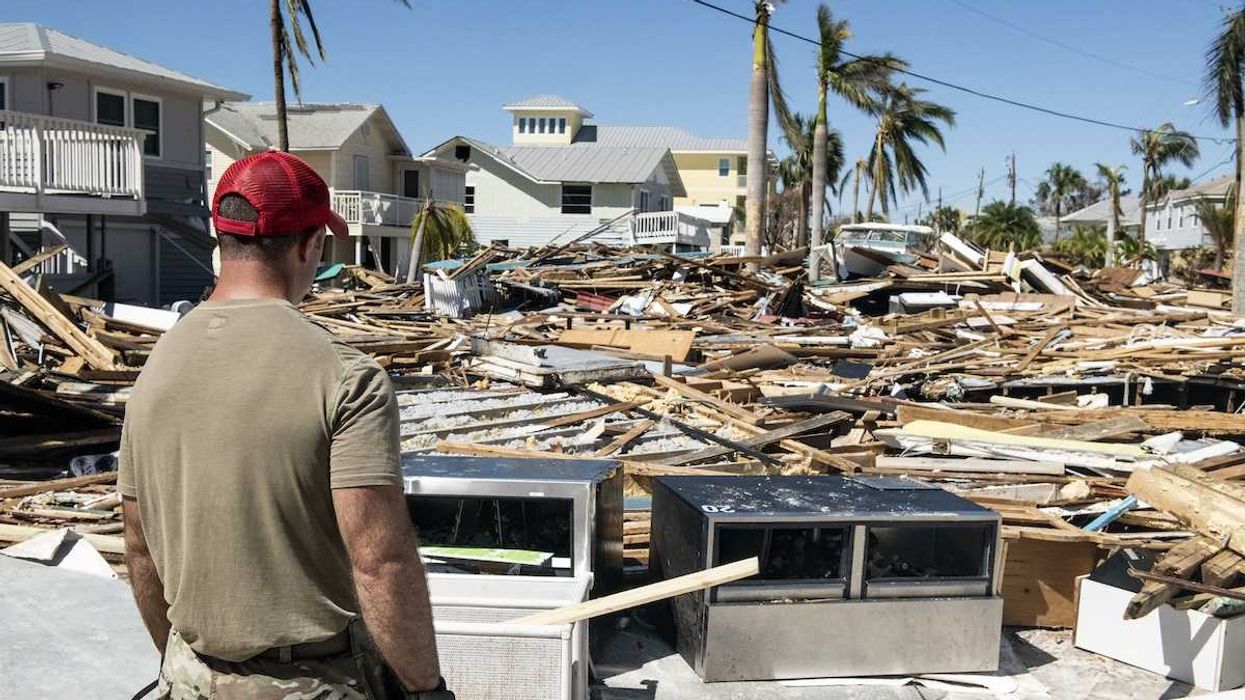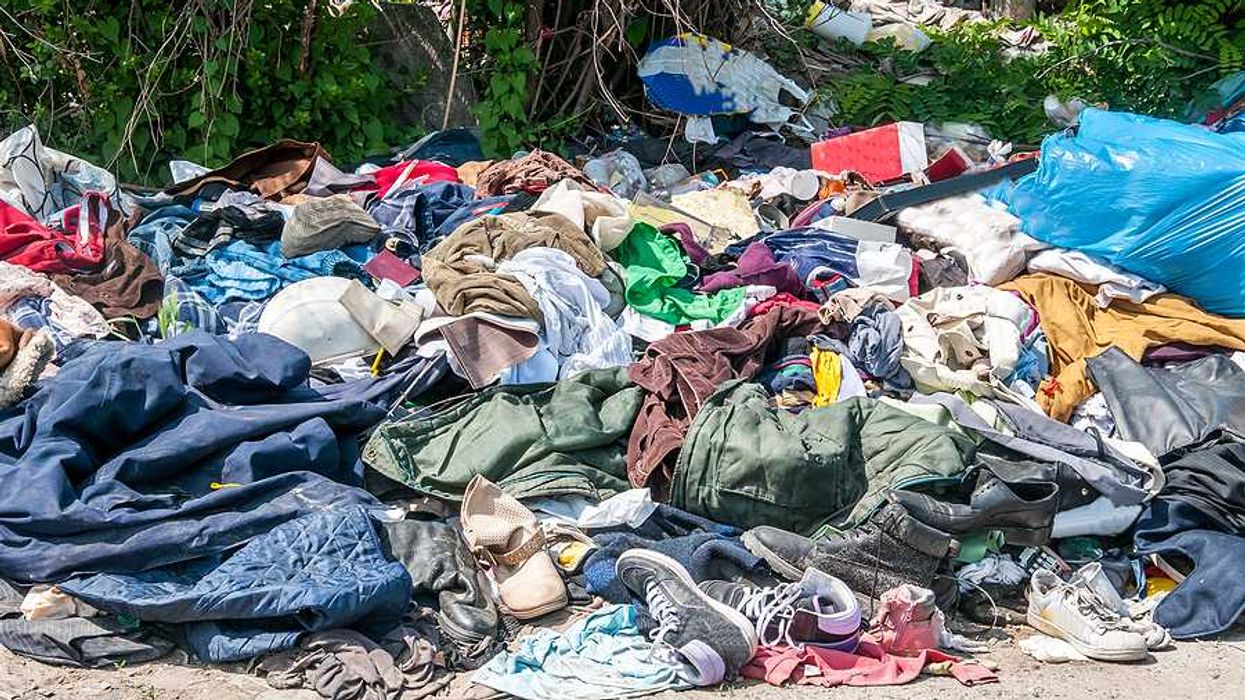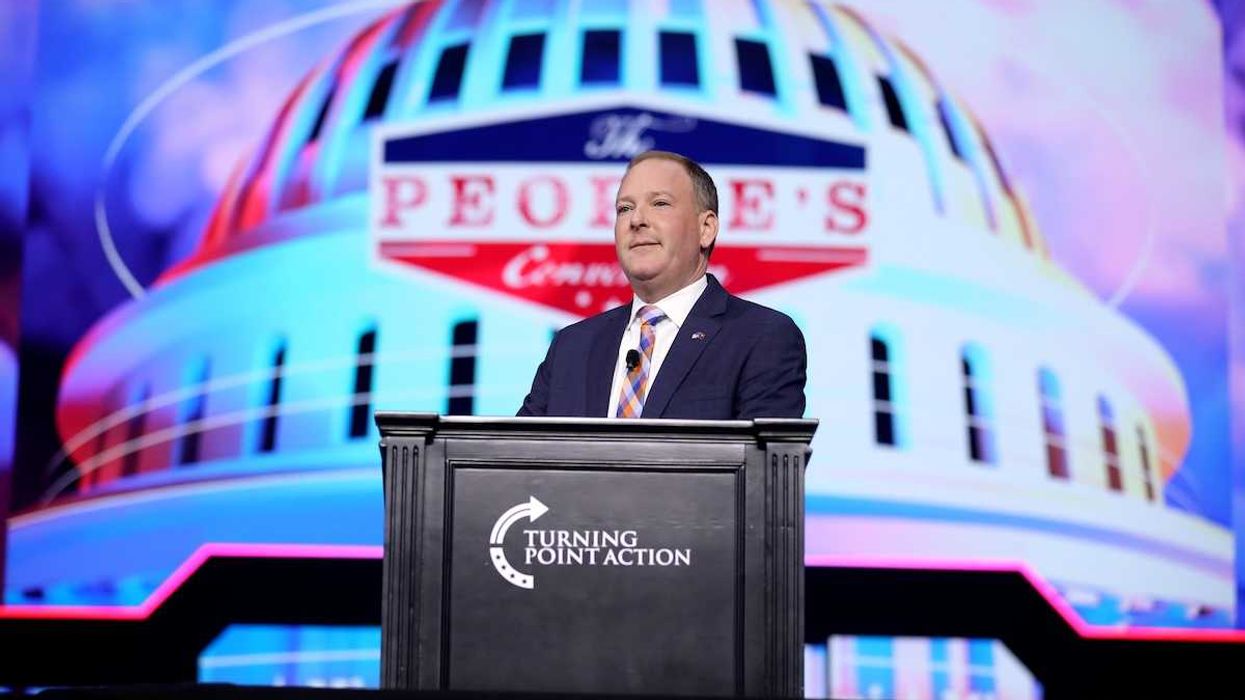Maine legislators are considering bills that would exempt nonstick cookware and certain farm equipment from the state’s ban on intentionally added PFAS, drawing pushback from public health advocates.
AnnMarie Hilton reports for the Maine Morning Star.
In short:
- One bill would allow U.S. Food and Drug Administration-approved fluoropolymers in nonstick cookware despite the upcoming PFAS ban, while another would delay restrictions on farm and construction equipment until at least 2032.
- Critics argue the exemptions weaken the intent of the ban, noting that safer cookware alternatives exist and industries can already apply for exemptions under current law.
- Supporters say the FDA has not restricted these products and that banning them could harm businesses, but opponents counter that federal regulators have historically been slow to act on known health risks.
Key quote:
“We cannot wait for the FDA.”
— Maine Rep. Lori Gramlich (D-Old Orchard Beach)
Why this matters:
PFAS, or “forever chemicals,” persist in the environment and have been linked to cancer, hormone disruption, and immune system harm. Some newer PFAS variants are marketed as safer alternatives, but concerns remain about their long-term impact, especially as older versions break down into potentially harmful byproducts. The persistence of these chemicals has spurred regulatory action across the country, with Maine leading the way by enacting one of the most comprehensive bans in the nation.
Maine’s law, which aims to phase out nearly all PFAS by 2030, has been heralded as a model for other states grappling with contamination. But it has also drawn intense industry opposition, with chemical manufacturers and business groups arguing that such sweeping restrictions could stifle innovation and drive up costs. That pushback could set the stage for broader legal and political battles, determining whether other states follow Maine’s lead — or whether industry pressure will weaken efforts to curb these pervasive pollutants.
Read more: Maine bill would require insurance to cover PFAS blood tests for at-risk residents














